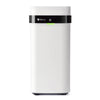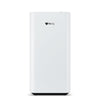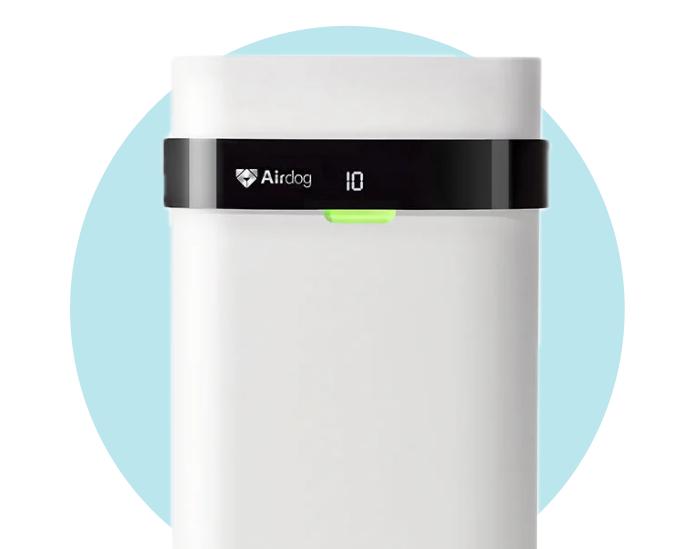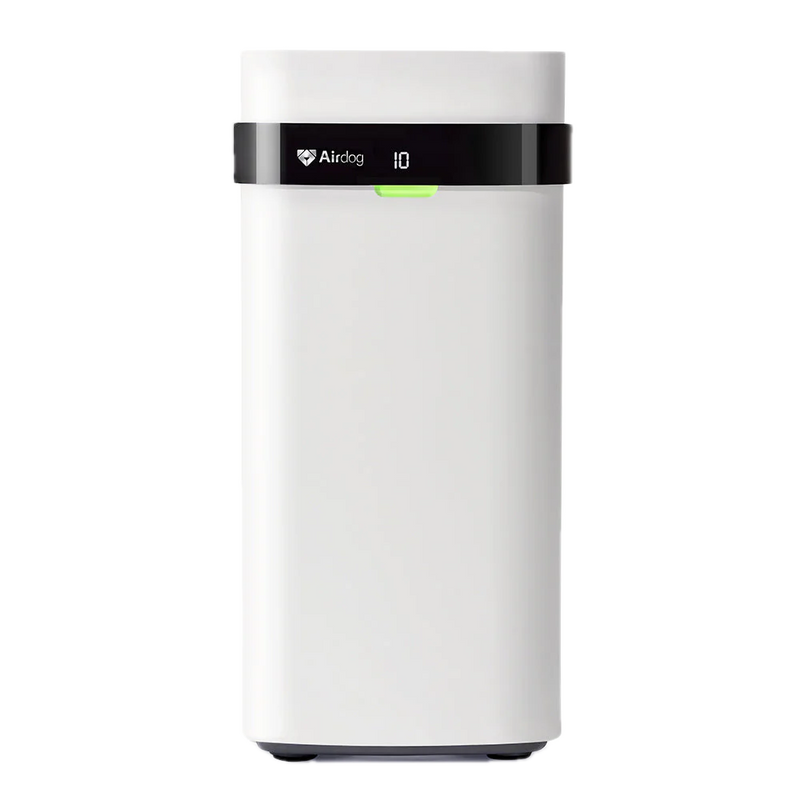Bad Smell In Your Apartment But Can't Find Source? Here’s How to Find and Eliminate It
Unmasking the Mystery of Unpleasant Odors in Your Apartment
A lingering odor in your apartment can be frustrating, especially when you can’t pinpoint the source. Whether it’s a musty smell, foul odors from the kitchen, or an unpleasant scent wafting from an unknown location, understanding the potential causes and solutions can help you get rid of the problem for good.
Indoor air quality plays a significant role in maintaining a fresh, healthy home. Foul odors can indicate underlying issues like mold, bacteria, or even gas leaks. Left unaddressed, these problems can lead to health concerns, including throat irritation, allergies, and respiratory issues. Let’s explore the most common sources of bad smells in apartments and how to effectively remove them.
Common Causes of Lingering Odors
1. Hidden Mold or Mildew
Mold spores thrive in damp, poorly ventilated areas, often causing a musty odor. Pay special attention to places like the laundry room, basement, bathroom, under kitchen sinks, and behind furniture where air circulation is minimal.
Solution: Improve air circulation, use an air purifier with mold-filtering capabilities, and clean affected areas with a bleach solution or white vinegar to kill mold spores. Regularly inspect areas prone to moisture buildup to prevent recurring mold growth. Mold can also grow inside walls due to leaks, so consider using a moisture meter to detect hidden dampness.
2. Sewer Gas Leaks
A rotten eggs smell could indicate a sewer gas leak or an issue with the plumbing system, particularly the P-trap under sinks or the sewer line. Exposure to sewer gas can lead to headaches and nausea, making it essential to address the issue quickly.
Solution: Pour hot water and baking soda down drains, check for leaks, and ensure your P-trap remains filled with water to prevent gas from entering your home. If the smell persists, call a plumber or the gas company to check for natural gas leaks. Regularly inspect vent pipes to ensure they are functioning properly.
3. Garbage Disposal and Kitchen Odors
Food residue, grease, and rotting food can accumulate in your garbage disposal, leading to unpleasant smells.
Solution: Sprinkle baking soda and pour white vinegar into the disposal, let it sit for a few minutes, and then rinse with hot water. Running lemon or orange peels through the disposal can also help freshen it up. Clean food residue from drains and consider using a degreaser to break down buildup. For deeper cleaning, use ice cubes and rock salt to dislodge trapped debris.
4. Dirty Laundry and Pet Odors
Unwashed clothes, especially damp ones, can produce a strong musty odor. Pet stains or litter boxes may also be culprits for persistent bad smells.
Solution: Wash clothes regularly, use odor eliminators for pet stains, and clean litter boxes frequently. Consider using an air purifier to absorb odors and neutralize pet-related smells. Wash pet bedding weekly to prevent lingering pet odors in your home. If you have a cat, use odor-controlling litter and scoop daily.
5. HVAC System Issues
A musty odor coming from air vents could signal mold growth or dust buildup within your HVAC system. Unmaintained HVAC systems can also distribute dust, pet dander, and other allergens throughout your home.
Solution: Replace air filters every few weeks, schedule professional HVAC cleaning, and use an air purifier with advanced filtration to remove odor-causing bacteria and volatile organic compounds (VOCs). Ensure ducts are sealed properly to prevent external odors from infiltrating your home. If mold is present, consider installing UV lights in the ductwork to kill mold spores.
6. Trash Cans and Food Waste
Even when emptied regularly, trash cans can trap lingering smells from food waste and bacteria.
Solution: Deep clean your trash cans using a bleach solution, and sprinkle baking soda at the bottom to absorb odors. Using trash bags with built-in odor control can also help. Make sure food waste is properly sealed to prevent strong smells. Consider keeping a small compost bin with a charcoal filter to absorb food odors.
7. Dead Animals or Rodents
If you notice a strong, pungent odor resembling rotting food, a dead animal could be trapped within your walls or air vents.
Solution: If you suspect this, contact pest control for assistance in removing the source and disinfecting the area. Seal any potential entry points to prevent future infestations. If the smell persists, using activated charcoal or coffee grounds can help absorb lingering odors.
How to Get Rid of Lingering Odors for Good
1. Improve Air Circulation
Proper ventilation is crucial for eliminating stale air and odors. Open windows to allow fresh air in and use fans to improve airflow. Consider installing exhaust fans in moisture-prone areas like the bathroom and kitchen. A whole-house ventilation system can also help maintain fresh air flow.
2. Use an Air Purifier
Air purifiers, like those from Airdog, effectively remove airborne odor molecules, volatile organic compounds, and mold spores. Unlike traditional HEPA filters, Airdog’s TPA technology actively destroys odor-causing bacteria, providing cleaner, fresher air. Place air purifiers in high-traffic areas or rooms with persistent odors. For optimal results, choose an air purifier with activated carbon filtration.
3. Regular Deep Cleaning
-
Steam cleaning carpets and upholstery removes embedded odors.
-
Washing machine cleaning cycles eliminate musty smells from dirty clothes.
-
Using essential oils in diffusers can naturally refresh your space.
-
Disinfect commonly overlooked areas like doorknobs, light switches, and cabinet handles.
-
Wash curtains, throw pillows, and bedding regularly to remove dust and odors.
4. Prevent Odors Before They Start
-
Keep food waste sealed and dispose of it promptly.
-
Regularly clean litter boxes, pet bedding, and trash cans.
-
Maintain proper ventilation in damp areas like bathrooms and laundry rooms.
-
Use baking soda in fridge compartments and cabinets to absorb lingering odors.
-
Store cleaning supplies properly, as certain chemicals can emit strong fumes.
5. Address Plumbing and Gas Issues
-
Check for leaks or sewer gas smells and seek professional assistance if necessary.
-
Ensure gas appliances are functioning correctly and have proper ventilation.
-
Inspect pipes and seals for any signs of water damage, as slow leaks can contribute to mold growth.
-
If you suspect a gas leak, evacuate immediately and call your local gas company.
Extra Tips for Eliminating Unpleasant Smells
-
Use Natural Deodorizers: White vinegar, activated charcoal, and coffee grounds absorb odors naturally.
-
Wash Soft Surfaces: Curtains, rugs, and fabric furniture can harbor smells and should be cleaned regularly.
-
Control Humidity Levels: High humidity can cause mold and mildew growth. Dehumidifiers help reduce moisture levels.
-
Monitor Air Quality: Use an air quality monitor to detect VOCs, mold spores, and other pollutants that could be causing odors.
-
Invest in Odor Eliminators: Scented sprays mask smells but don’t eliminate them. Look for products that neutralize odor molecules.
-
Use Essential Oils: Diffusing essential oils like eucalyptus, tea tree, or lavender can help freshen the air naturally.
Breathe Fresher, Cleaner Air
Unpleasant smells in your apartment can be frustrating, but with the right approach, you can identify and eliminate the source. Airdog’s cutting-edge air purifiers are designed to capture and neutralize odor molecules, ensuring your home smells fresh and clean. Ready to improve your indoor air quality? Explore Airdog’s innovative solutions today.




